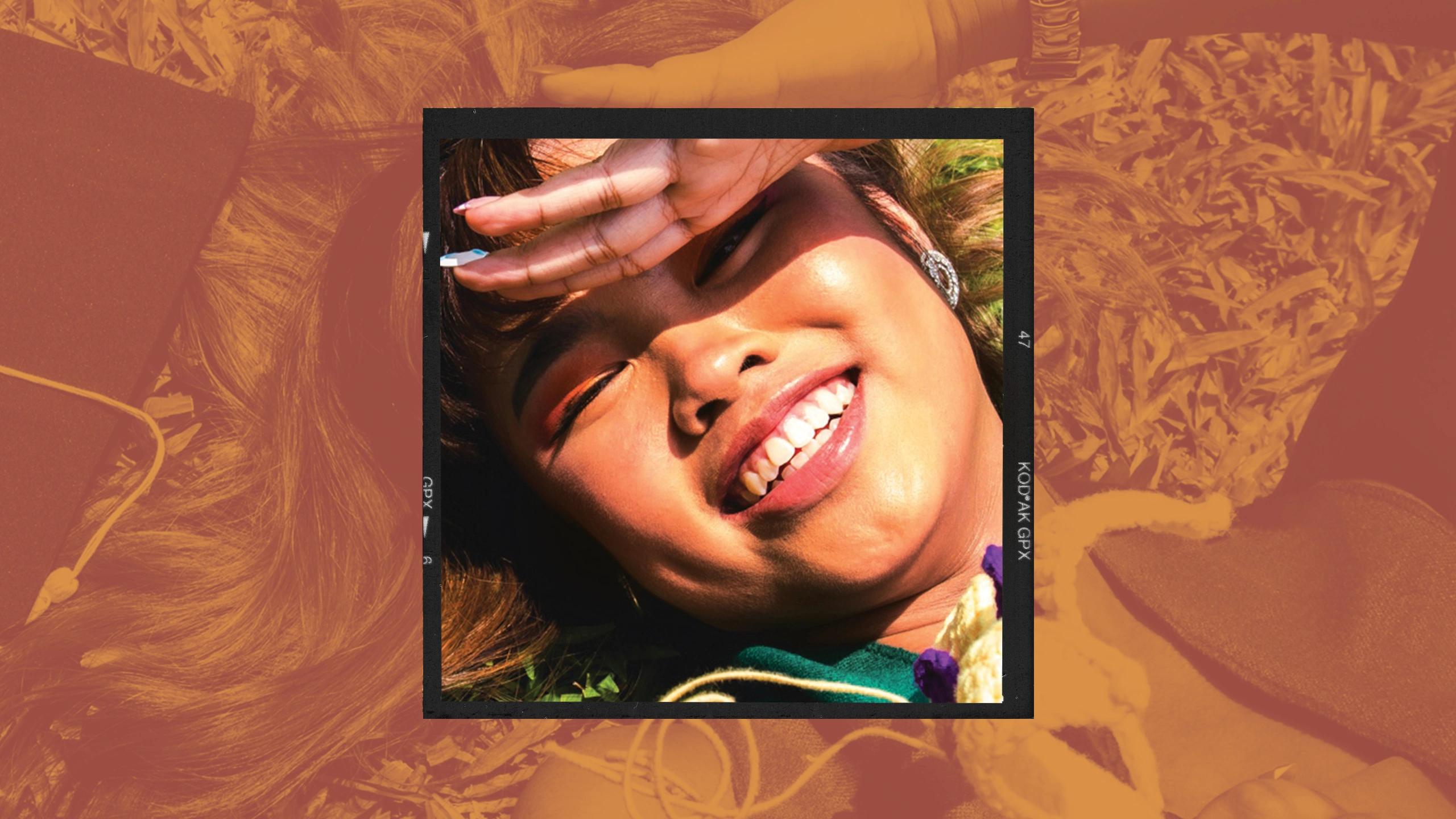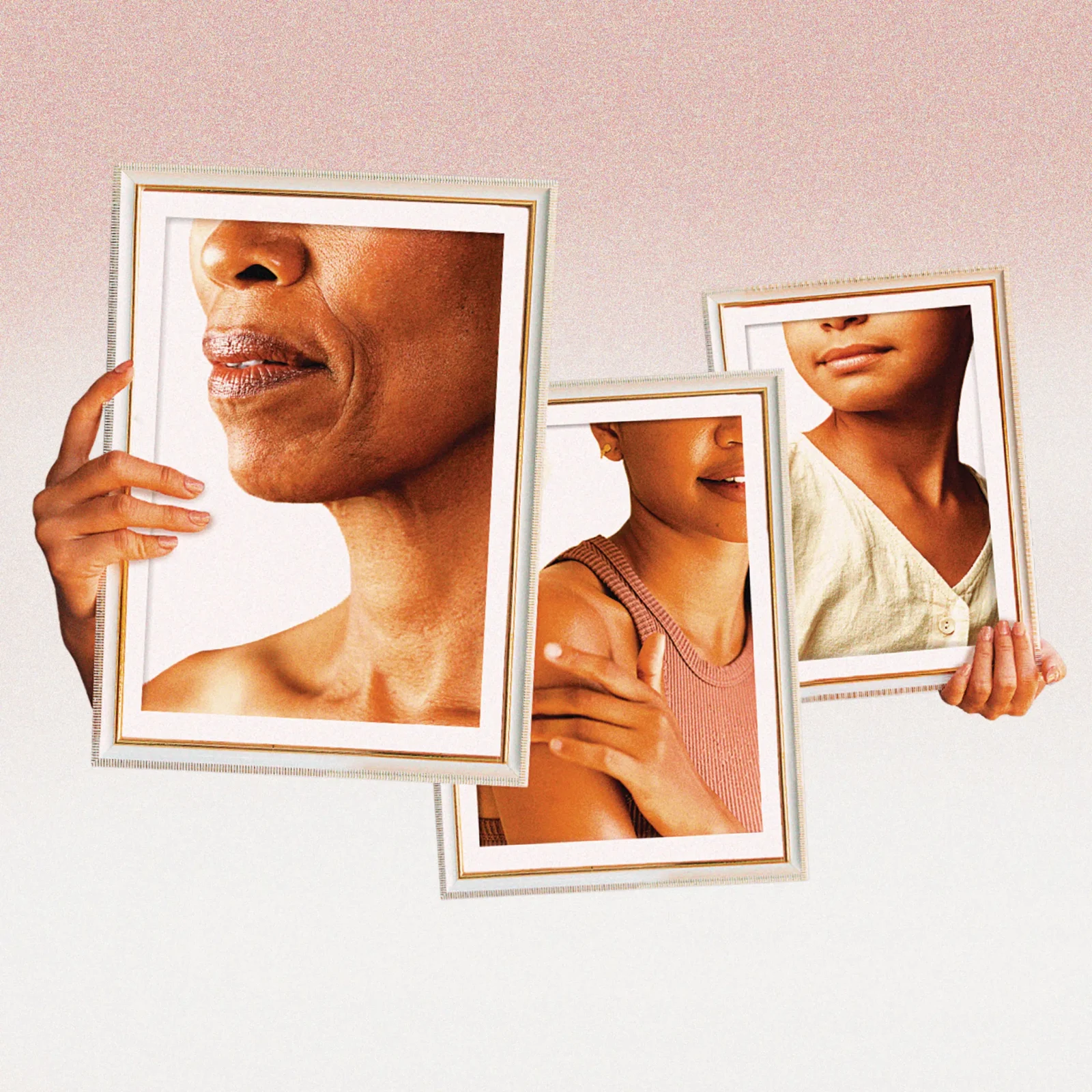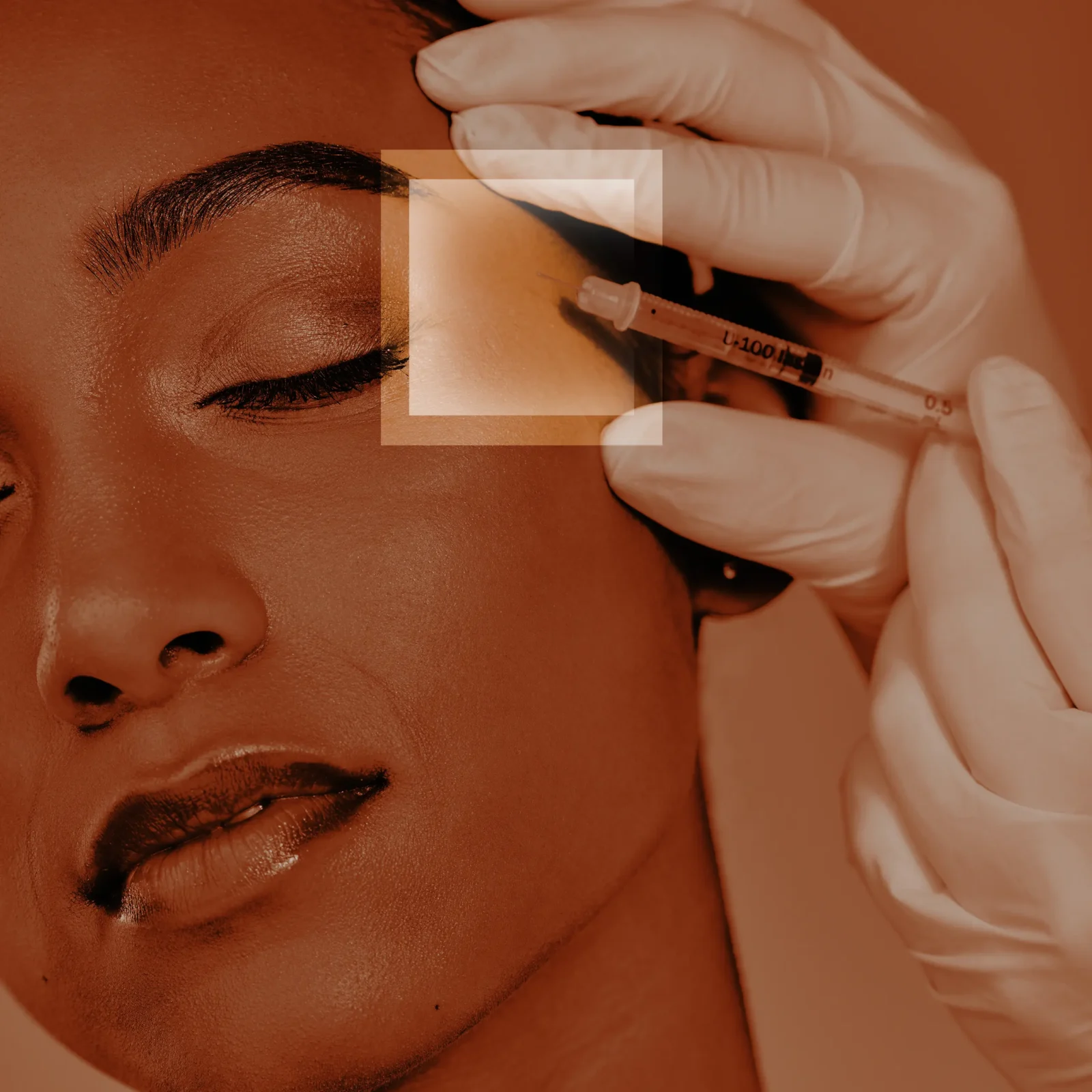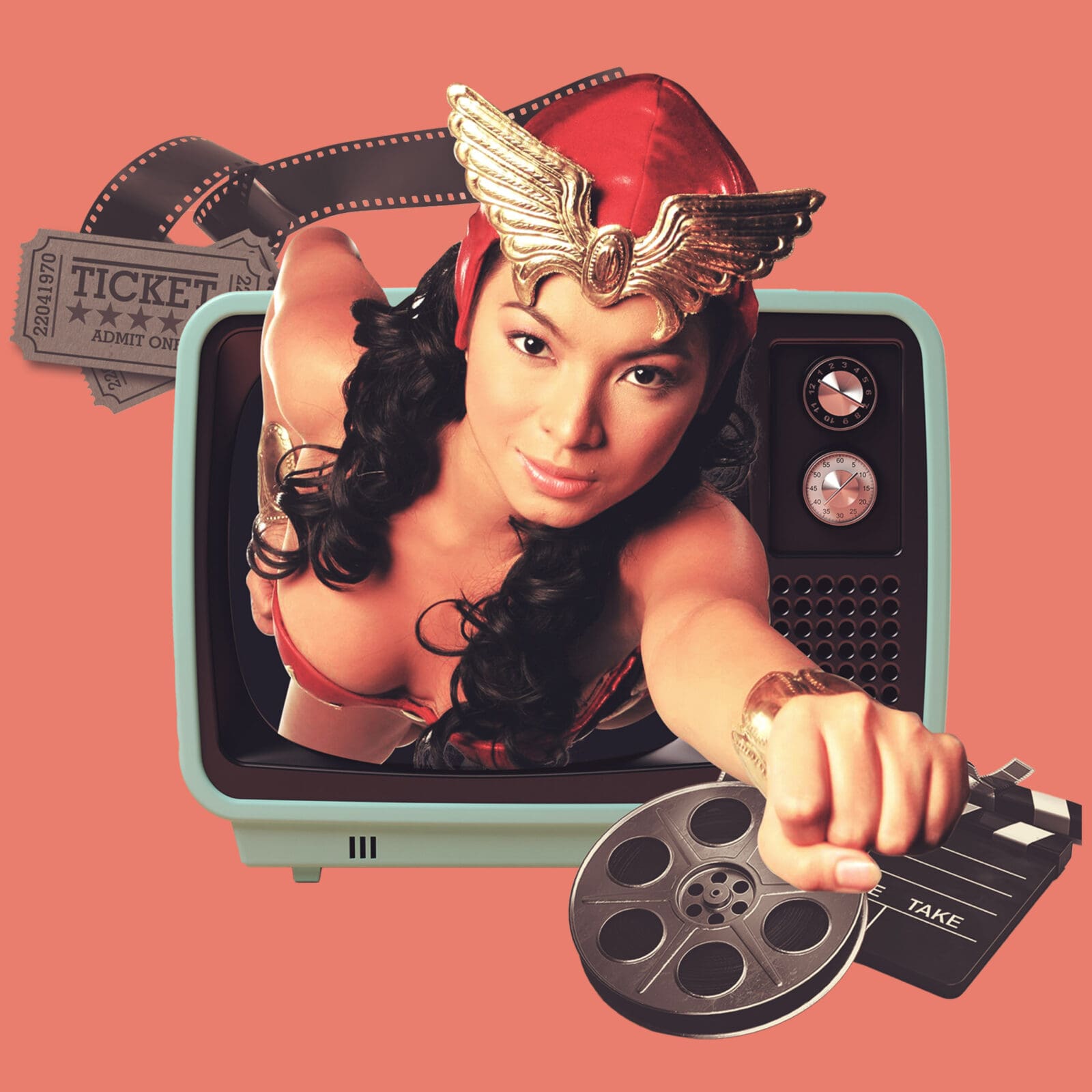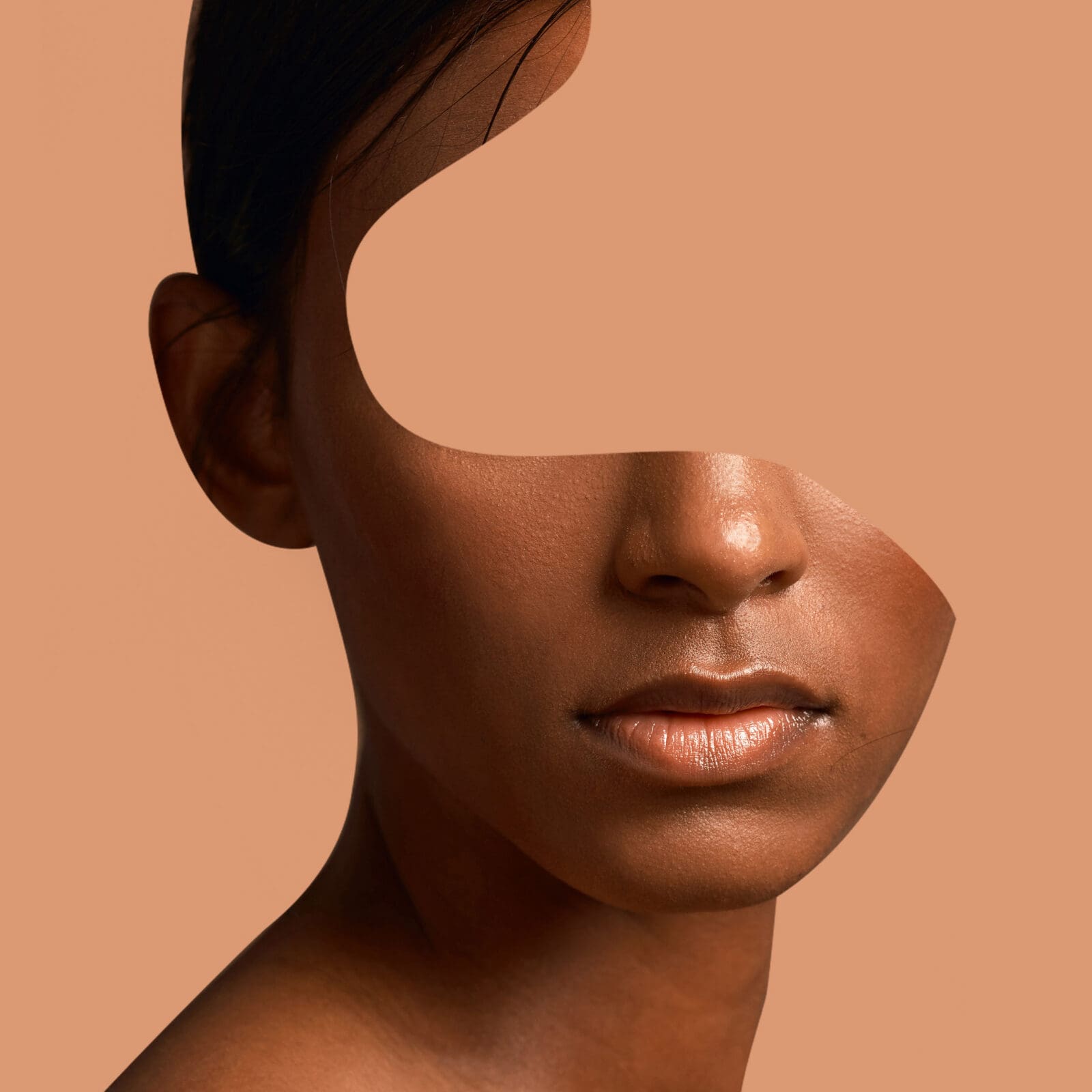I Used to Hate My Morena Skin, But Now I’m Embracing Every Shade of Gold
If people constantly tell you to whiten your skin, this one’s for you.
By Bianca Gozon
“Ang itim-itim mo na! Kailangan mo na magpaputi.”
I still have vivid memories of my mother saying this to me, her swimming-obsessed daughter, every summer. As a kid, I never understood why my sister—who was born with a fairer complexion—got hours of play under the sun, while I had to stay indoors, my skin covered with a stinging calamansi and evaporated milk concoction that was supposed to make me whiter.
My skin darkened easily and mom didn’t love how much I enjoyed being outside. I can still hear her constant reminders to use papaya soap, done out of love, because she wanted to protect me from the ridicule of our whitening-fixated society.
I was conditioned to lighten my skin to belong
You can see this focus on fairer skin everywhere. Whether you’re looking at billboards along EDSA, watching YouTube videos, or doomscrolling on TikTok and Instagram Reels, you’ll be fed with at least one ad for a whitening product. I was only six when I remember seeing a whitening ad on TV for the first time. It was such a confusing experience, because it made me feel like I was in the wrong for having the complexion I had. It gave me the impression that I had to change my skin in order to fit in. That ad planted something in my young mind: If I had fair skin, people would think I was beautiful. If I didn’t, I would be treated poorly.
While my confusion was immediate, it didn’t last too long, because I guess you could say that I was just a kid. Naive little me wasn’t completely aware of the unattainable Eurocentric beauty standards of the Philippines, since her full focus was on Bratz dolls and Nancy Drew books. That all changed when I entered the fourth grade.
“Halimaw!” “Ang itim-itim mo!” “Ang pangit mo!”
These were the words I was welcomed with when I transferred to a bigger school, where I got picked on by a bunch of sixth graders because of my physical appearance. I believed every insult and my innocent little world crashed. My mind was conditioned into thinking that I was ugly because I was morena. Parang kasalanan ko na hindi ako mestiza.
A glimmer of hope had a shade like mine
Though the bullying eventually stopped, the words still lived rent-free in my mind. That’s why watching Venus Raj walk down the Miss Universe runway was a glass-shattering moment for me. For the first time, I felt represented and I felt seen. If a Filipina beauty queen had skin similar to mine, then maybe being morena isn’t so bad after all. Slowly, I started to feel more welcome in my own skin.
When I entered my teenage years, my feelings about being morena developed into a complicated love-hate. I wanted to work on loving myself, but I also felt immense pressure to succumb to flawed beauty standards because of the surge in injectable glutathione. A relative ridiculed me for wanting to stay morena the moment she got on the glutathione bandwagon. I was conflicted—I didn’t want to get gluta, but it was tempting to have it done just to quiet all the voices mocking my skin.
Thankfully, my high school friend talked some sense into me. She didn’t encourage me to whiten or not to whiten my skin—she started by telling me that there’s nothing wrong with being morena. I was grateful to have heard this at this point in my life because, around this time, I was surrounded by a culture glorifying mestizas and chinitas with fair skin. It was challenging to constantly hear that morenas aren’t “pretty enough,” especially at an age when I was very self-conscious. But with my friend’s thoughts in mind, I began seeing myself through a kinder lens. Fully embracing who I was wasn’t going to be easy, but I had hope that one day I would be as confident as Venus Raj.
The start of something new
That day came when I least expected it. The pandemic, a time of uncertainty for all, surprisingly gave me the chance to finally confront my demons and drive them away. With everyone stuck at home because of the lockdown, people coped in different ways—some got into baking, while others became plantitos and plantitas. I discovered a whole new world because of makeup.
I had nothing better to do before embarking on my college journey, so I looked up beginner-friendly tutorials on YouTube. As I was learning the basics of makeup, I realized that most of the YouTubers I subscribed to had lighter skin. I decided to scour the internet and search for morena Filipina content creators to learn tips that work with my complexion. That’s when I stumbled upon YouTubers like Booya, Mae Layug, and Bella Racelis, along with TikTokers like Belle Rodolfo, Kai Javier, and Marj Maroket.
As a student with a limited budget (and a certified kuripot), Booya’s product comparison reviews and Mae’s affordable makeup recommendations and haul videos ignited my passion for beauty. I remember watching Belle do her take on the viral angelic makeup look as a morena because the makeup artist who started this trend mostly worked with fair-skinned clients. I felt so seen because I, too, wanted to hop on the bandwagon, but I hesitated because everyone recreating it was mestiza. Seeing these creators proudly flaunting their morena skin in front of a camera was the push I needed. I thought, If they can own it, why can’t I?
Fueled by inspiration, I immediately raided my mom’s makeup collection, grabbed products that looked newbie-friendly, and dove right in. All along, I thought makeup wasn’t for me because everything looked ashy on me. Little did I know that products had undertones, and that I just had to look for shades that complemented my warm undertone. As it turned out, being cooped up indoors was the perfect excuse to step out of my comfort zone, because there were no prying eyes. With just me, my mirror, and a few reactions from friends, I experimented with different makeup looks and hacks. For once, I wasn’t being told how a morena should wear makeup—I was defining it for myself. Through the silence of lockdown, I didn’t just fall in love with makeup—I fell in love with my skin, too.
It was that time when I decided to stop giving power to society’s so-called norms and just have fun with how I presented myself to the world. I know that my colorful eyeshadow and blush blindness will raise eyebrows and shake heads. But ultimately, it is up to me and to any morena to do what we want with our skin. Whatever decision we make, what’s important is that it’s ours. From here on out, I’ll have no hesitation diving right back in the water, unapologetically letting the sun kiss my (sunscreen-protected!) morena skin, watching it turn into every shade of gold.
You might also like
To provide a customized ad experience, we need to know if you are of legal age in your region.
By making a selection, you agree to our Terms & Conditions.
